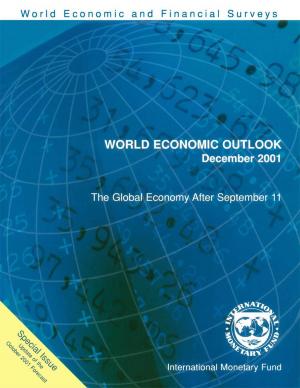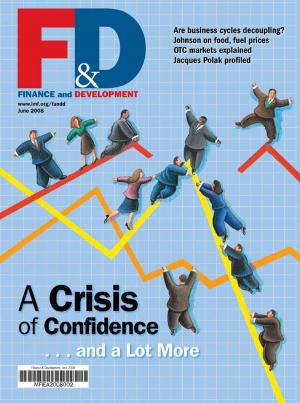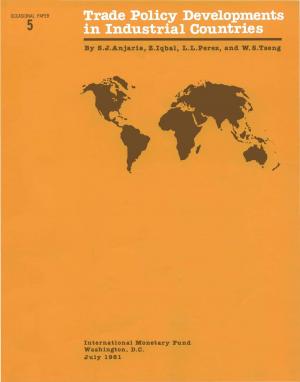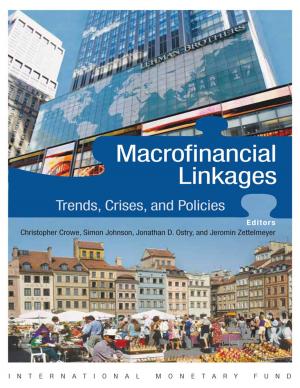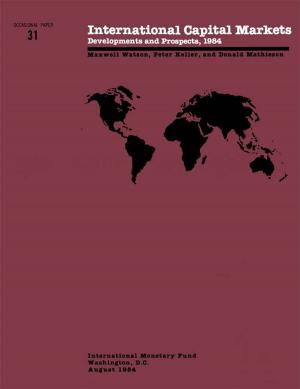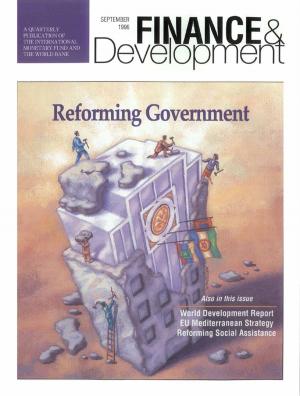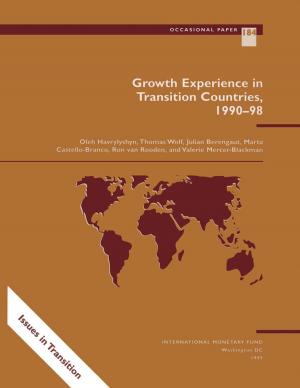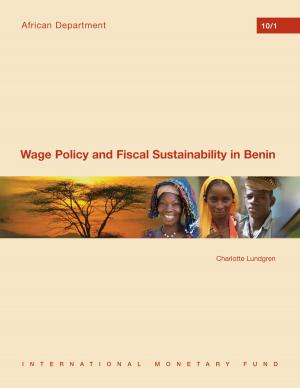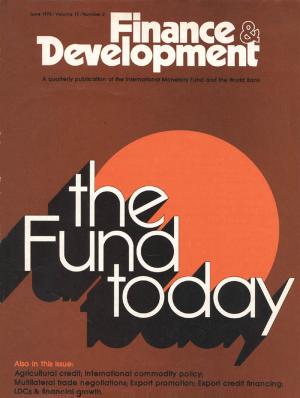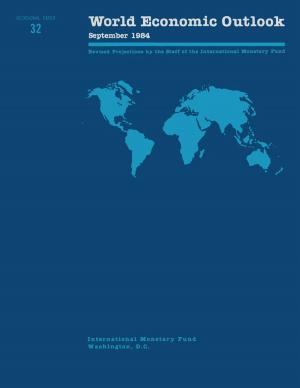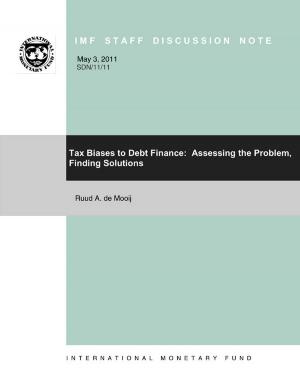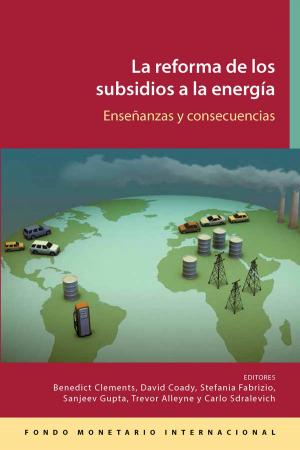Regional Economic Outlook: Sub-Saharan Africa, October 2009
Business & Finance, Economics, International Economics, Macroeconomics, Nonfiction, Social & Cultural Studies, Political Science, Politics, Economic Policy| Author: | International Monetary Fund. African Dept. | ISBN: | 9781452732176 |
| Publisher: | INTERNATIONAL MONETARY FUND | Publication: | October 2, 2009 |
| Imprint: | INTERNATIONAL MONETARY FUND | Language: | English |
| Author: | International Monetary Fund. African Dept. |
| ISBN: | 9781452732176 |
| Publisher: | INTERNATIONAL MONETARY FUND |
| Publication: | October 2, 2009 |
| Imprint: | INTERNATIONAL MONETARY FUND |
| Language: | English |
Sub-Saharan Africa has been hit hard by the global recession, but signs of resilience remain. While South Africa and some other middle-income countries were caught in the turbulence of international financial markets, and oil exporters saw government revenues plunge, some countries with wider commodity bases have so far escaped the worst of the crisis. Also, and reassuringly, with stronger initial fiscal and external positions than in past downturns, most countries in the region have been able to partially absorb external shocks by allowing fiscal deficits to rise and reducing interest rates. Exchange rates have generally been allowed to adjust. With many families affected by the crisis, however, progress toward the Millennium Development Goals has receded. Looking ahead, fiscal policy must balance support for the recovery with enhancing future growth prospects, debt sustainability, and poverty reduction. Published biannually in May and October.
Sub-Saharan Africa has been hit hard by the global recession, but signs of resilience remain. While South Africa and some other middle-income countries were caught in the turbulence of international financial markets, and oil exporters saw government revenues plunge, some countries with wider commodity bases have so far escaped the worst of the crisis. Also, and reassuringly, with stronger initial fiscal and external positions than in past downturns, most countries in the region have been able to partially absorb external shocks by allowing fiscal deficits to rise and reducing interest rates. Exchange rates have generally been allowed to adjust. With many families affected by the crisis, however, progress toward the Millennium Development Goals has receded. Looking ahead, fiscal policy must balance support for the recovery with enhancing future growth prospects, debt sustainability, and poverty reduction. Published biannually in May and October.


